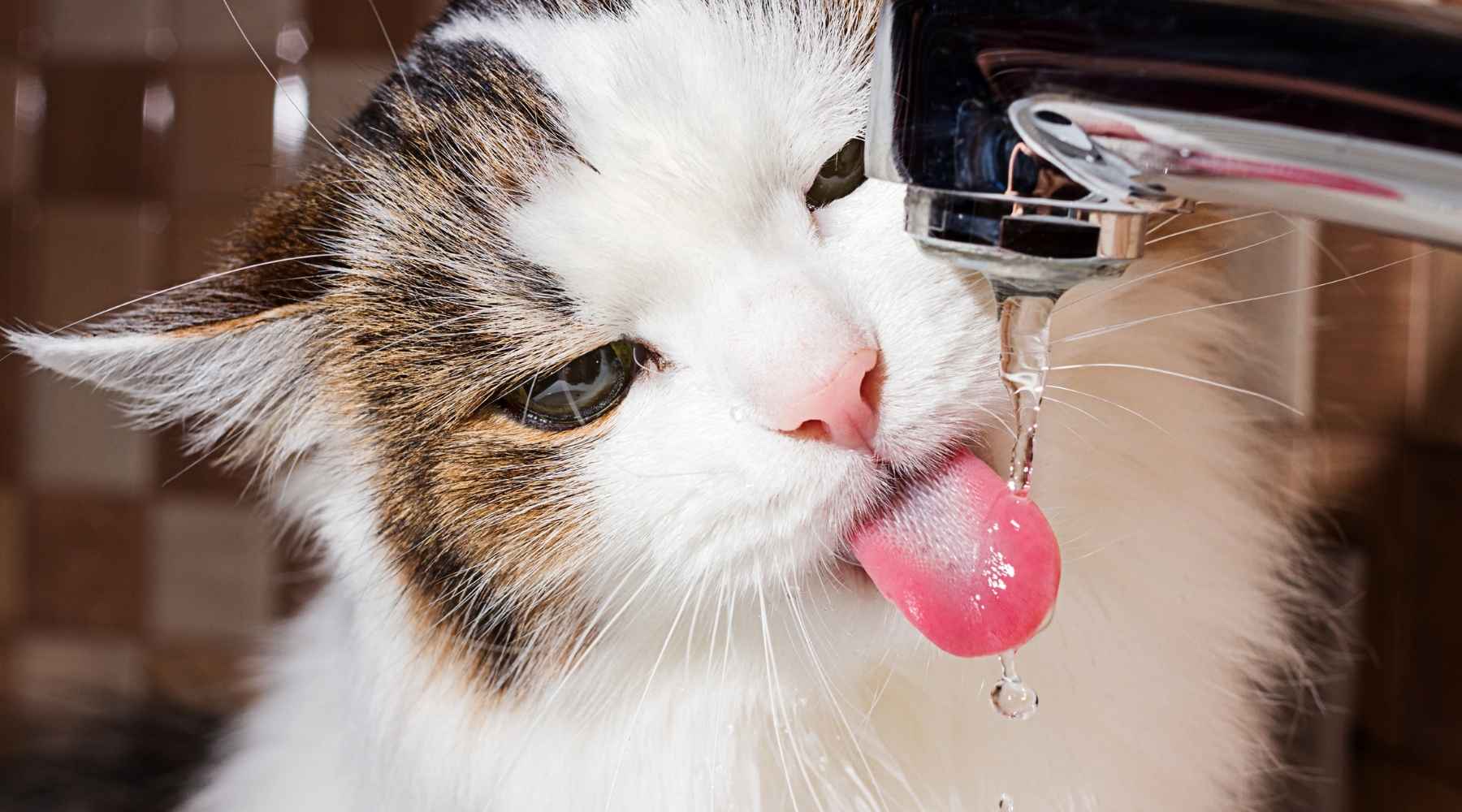
9 Signs You Are Not Drinking Enough Water
Dry skin? Tired? Foggy mind? These are just a few of the signs you are not drinking enough water. Believe it or not, many of the physical symptoms you may be feeling that you just can’t seem to get rid of could be caused by dehydration.
In fact, a study showed that over 75% of Americans are chronically dehydrated. You may think you are drinking enough water if you are not thirsty, but chances are you need to add more water to your daily routine. Below are 9 common signs that you just might be dehydrated and need to start drinking more water every day.
1. Dry Skin
The body is around 60% water and if you didn’t already know, your skin is technically an organ. Water is a critical part of healthy, glowing skin. Water aids in plumping the skin cells which can make your skin look more youthful.
When you are dehydrated, your skin loses a lot of its elasticity which is what prevents wrinkles. When your skin loses its plumpness, it can lead to flaking, sagging, and general dryness. In addition to skin dryness, when you are dehydrated, your skin can become more acne or problem-prone.
When you do actually hydrate, it flushes toxins out of the body. Therefore, if you are using beauty product after beauty product to improve your dry or acne-prone skin and nothing is working, checking in on your water intake might just be the solution you have needed.
2. Low Energy
Are you feeling tired? Can't seem to get out of bed in the morning? When you do not consume enough water your body’s over all fluid levels drop. When these levels decrease, this in turn lowers blood volume which can put extra strain on the heart when delivering oxygen and other nutrients to all of the organs, which does include the muscles.
If you find that you are constantly feeling sluggish, your workouts are harder, and you just can’t snap out of it no matter what you try, give tracking your water intake a go. You may be surprised how much consuming the correct amount of water will improve your energy levels.
3. Frequent Headaches or Migraines
This is probably one of the more well-known symptoms of dehydration, but that is because it is the most popular. When the body is dehydrated, the brain can shrink or temporarily contract due to the loss of fluid in the body. This contraction causes the brain to pull away from the skull which in turn leads to a dull pain or a headache. The next time you experience a headache, try drinking a cup or two of water, to see if it is just simple dehydration.
3. Muscle Cramps
When you are dehydrated, your heart has to work harder to get oxygen to the organs, which includes muscles. When the muscles are not getting enough oxygen and electrolytes, this can lead to cramping. This is even more likely to occur in athletes.
Water is what transports electrolytes and nutrients to the cells while aiding in waste removal. Electrolytes such as sodium, potassium, and magnesium are a huge part of muscle contraction. Therefore, dehydration makes it very likely for muscles to contract unnecessarily and cramp.
4. Brain Fog
Having trouble focusing? Do you get distracted easily? You could be dehydrated. The brain holds 2% of the body’s weight but it receives 20% of the blood circulation. When the body gets dehydrated and cannot properly pump blood throughout the body, it affects brain function because of how heavily the brain relies on this blood flow.
5. Constipation
If you find you are struggling with digestive issues and constipation, it could very well be because you’re not drinking enough water. Water not only aids in the absorption of fiber, but it can also make your stool softer when you do go to the bathroom, which will make it easier to pass a bowel movement.
6. Weight Gain
This one may surprise people, but yes, dehydration can lead to weight gain. The body needs to be able to store and reach for glucose it has stashed away when need be, but when the body is dehydrated, it cannot fully retrieve and utilize this glucose storage for energy. This can then lead to sugar cravings in foods that are high in carbohydrates such as chocolate, cake, candy, cookies and donuts.
A good rule of thumb when you are getting sudden sugar or hunger cravings is to drink a glass of water and wait 20 minutes because odds are that your body was just thirsty, not hungry.
7. Kidney Stones
Generally, most kidney stones are small and able to be passed out of the body without too much struggle, but on occasion, they can block the urinary tract which can require medical attention. This can be triggered by dehydration because decreased urination is caused by a lack of water in the body, which, in turn, increases the risk of kidney stones because the kidneys and bladder are not constantly flushing out toxins.
8. Bad Breath
Yes! Your bad breath could be caused by a lack of water. Saliva flow helps flush away the bad bacteria in the mouth which can lead to bad breath. Therefore, when you are dehydrated, your saliva levels decrease, leaving that bacteria in your mouth to multiply and ultimately lead to an odor.
9. Bloating
If you struggle with bloating, staying hydrated is a great method to reduce the risk. When the body does not have enough water, it attempts to correct this issue by holding onto any and all water it can find. This excess water can lead to bloating. It might feel a bit counter intuitive, but to prevent water retention that leads to bloating you need to make sure you are drinking enough water.
How Much Water Should I Drink Daily?
If you do not know how much water you should be drinking, a good rule of thumb is to divide your weight in half and consume that amount in ounces. Therefore, if you weigh 150 pounds, you should be drinking 75 ounces of water every day.


